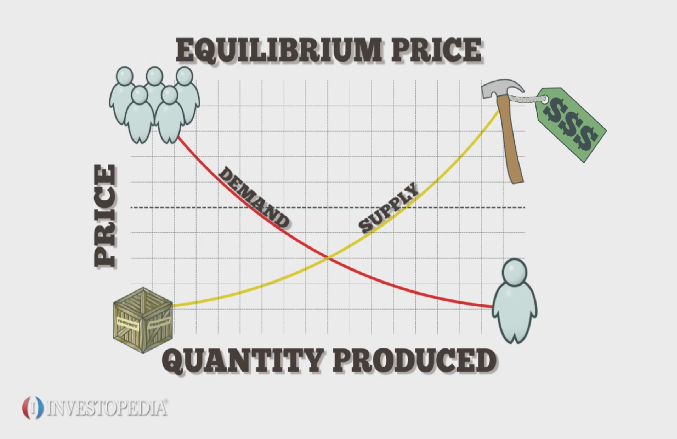The Federal Insurance Contributions Act is a U.S. law that requires a paycheck deduction be paid to Social Security and Medicare.Employers and their employees share FICA payments. For example, if the Social Security tax was 12.4 percent one year, employers and employees paid 6.2 percent each, up to the maximum amount of taxable earnings. The maximum amount of taxable earnings in 2015 was $118,500, which means the most Social Security tax employers and employees could pay that year was $7,347 each. Self-employed people are responsible for the entire tax amount, half of which is a deductible business expense. If the Medicare tax one year was 2.9 percent, employers and employees paid 1.45 percent each, while the self-employed paid the full 2.9 percent. Unlike Social Security, Medicare taxes are not subject to a maximum amount of earnings. Keep in mind that FICA rates are subject to annual change.





